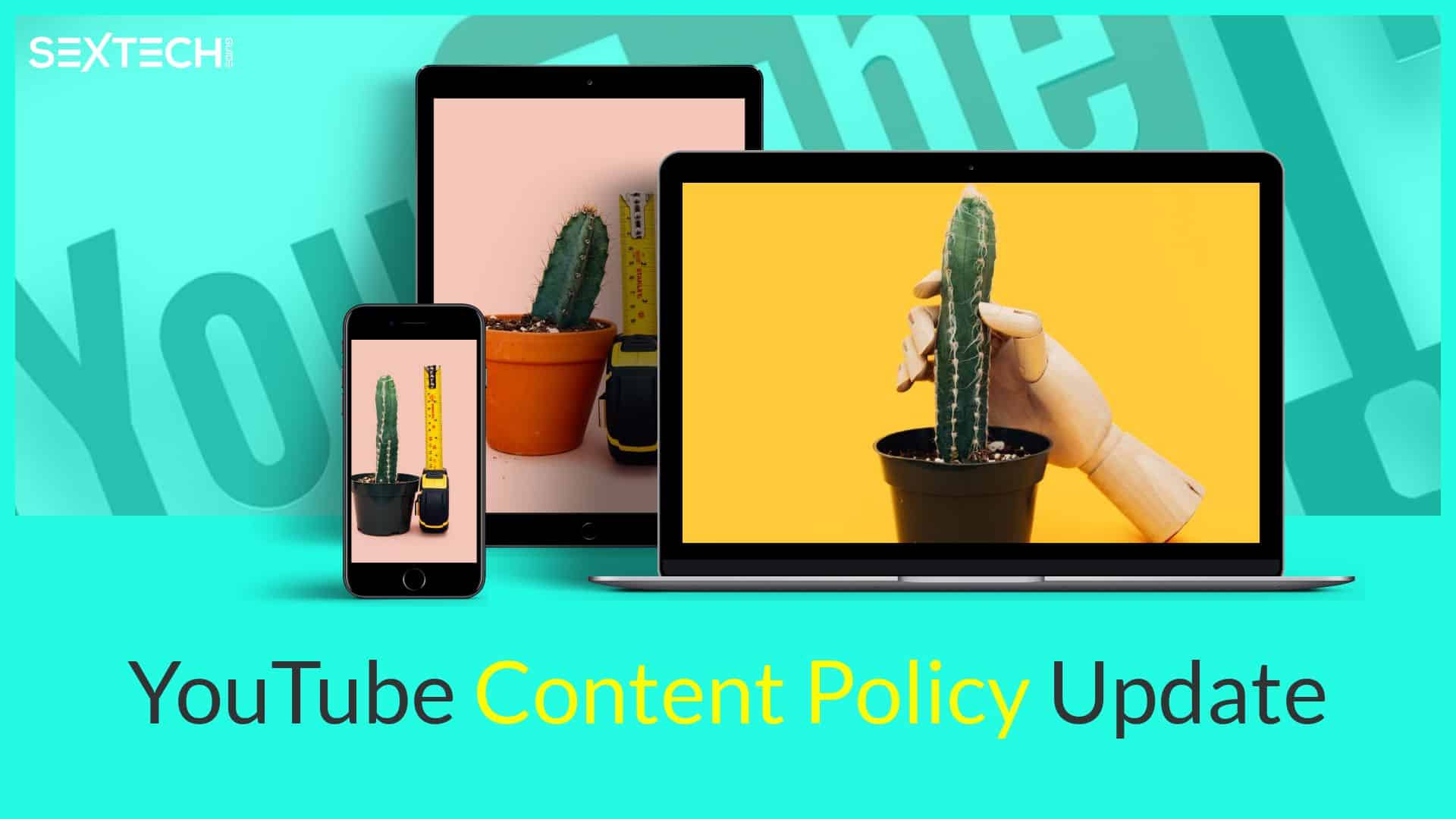YouTube’s latest policy change doesn’t make things any better for creators of sexual content

YouTube’s updated content policy has led to some creators saying their videos have been wrongly taken down, despite condoning the “hate speech” that YouTube is trying to clamp down on.
The Google-owned company made changes to its policies after a Twitter thread by Vox reporter Carlos Maza, calling out conservative commentator Steven Crowder for “a variety of racial and sexual slurs” via his YouTube channel went viral.
https://twitter.com/gaywonk/status/1134263774591037441
In the thread, Maza said that despite claiming to support LGBTQ creators, YouTube is “never going to actually enforce its policies… [because] enforcing its rules enforcing their rules would get them accused on [sic] anti-conservative bias.”
https://twitter.com/gaywonk/status/1134269702161686529
The blog post from YouTube updating its policy, posted last week says, “Today, we’re taking another step in our hate speech policy by specifically prohibiting videos alleging that a group is superior in order to justify discrimination, segregation or exclusion based on qualities like age, gender, race, caste, religion, sexual orientation or veteran status.”
Circumvent Big Tech's Censorship! Never miss another post!
Subscribe to our notifications!
Article continues below
However, creators who mention hate groups for educational or journalistic purposes are seeing their channels being taken down or demonetized, including those of sex educators whose content is deemed “too risqué”, according to the Electronic Frontier Foundation (EFF).
“As a result of these practices, posts are deleted and accounts banned, harming those for whom the Internet is an irreplaceable forum to express ideas, connect with others, and find support,” the EFF says on its website.
As a response to the video sharing site’s blanket approach to moderating content, the think-tank recently launched a section, TOSsed out, to “[track and moderate how] speech moderating rules are unevenly and unthinkingly applied to people by online services.”
The campaign will publicize and “highlight the myriad ways that all kinds of people are negatively affected by these rules and their uneven enforcement.”
A blow for independent content?
While the EFF’s work is a step in the right direction for the fair moderation of free speech, the tightening of the types of permitted content allowed on the platform will likely continue to hit YouTubers creating sex-themed content, even when it’s purely educational.
But this is hardly new. In 2018, YouTuber Steve Boebi’s queer-friendly sex education videos were demonetised, for being “controversial” and containing “vulgar language”.
https://twitter.com/stevieboebi/status/967861208261914624
https://twitter.com/stevieboebi/status/902369938332991490
In 2017, the Verge reported that transgender vlogger Chase Ross discovered YouTube’s demonetization algorithm was triggered specifically by the word ‘trans’ in the video title.
Censorship of sex-themed content on social media happens on pretty much every platform. Tumblr full on banned porn late last year. Facebook really, really doesn’t want you to talk about sex. Instagram famously bans the female nipple. This week, one Twitter user claimed that if you tweet the words “bimbo” or “slut” in a reply thread, your account gets suspended for 12 hours. SEXTECHGUIDE understands this was an error on Twitter’s part, that shouldn’t still occur.
https://twitter.com/KittenFemme/status/1137385132355194880
If this one-size-fits-all approach to the “right” sort of content continues across social media platforms, sex content creators will be discouraged from using them altogether. It takes time and effort to build up a YouTube channel or a Twitter account and suspensions that don’t take context into consideration wipe away hours of work and a hard-won community.
Rather than simply removing or demonetizing videos that mention sex, why doesn’t YouTube look to hire fact checkers that can decide if the content is in line with its policy and spend more time promoting that instead?
Read Next: Huge technology companies are shaping your world, but muting your sex life






